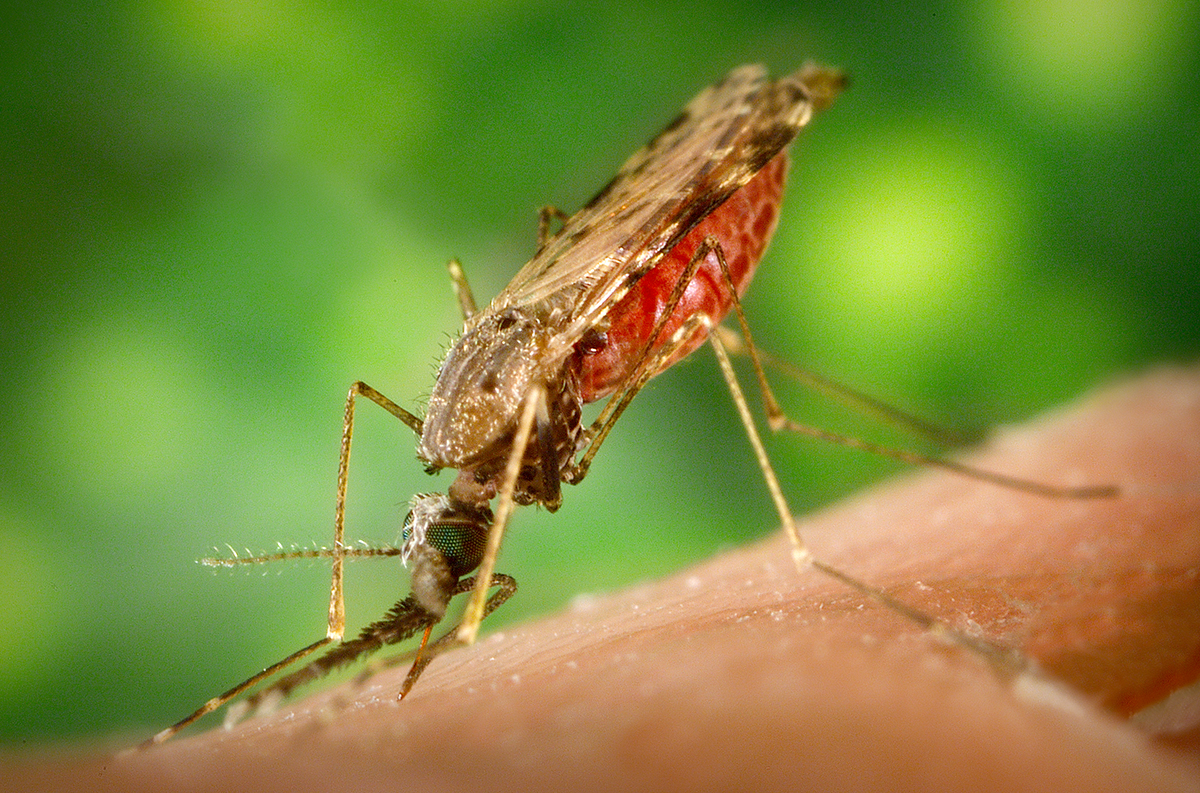![]()
Know first about Symptoms of visceral leishmaniasis: Leishmaniasis is a parasitic disease that affects the skin and mucous membranes in the body. It’s caused by a single-celled parasite called the Leishmania. Symptoms of visceral leishmaniasis include fever, weight loss, night sweats, tiredness, and easy bruising. In this article you will find more information on how to treat Visceral leishmaniasis – Disease.
Symptoms of visceral leishmaniasis
Symptoms of visceral leishmaniasis vary based on the stage of the disease. Symptoms may include fever, diarrhea, weight loss, anemia, cough, and fatigue. There are two types of visceral leishmaniasis: cutaneous (which affects the skin) and mucosal (which affects the lungs). Symptoms of visceral leishmaniasis include fever, pain, weight loss, and abdominal distension. Sometimes a patient presents with bone marrow involvement and pancytopenia. Other symptoms may also be present according to the severity of the infection. Symptoms of visceral leishmaniasis can vary depending on the part of the body that is affected. A person with this condition may have sores, ulcers, and skin lesions. Painful bone fractures may occur as well as swelling of painful lymph nodes.
Causes of visceral leishmaniasis
Symptoms of visceral leishmaniasis include weight loss, fever, diarrhea, and abdominal pain. The disease is caused when a parasite called a Leishmania enters the body through the bite of an infected sand fly. Once the parasite has entered the human’s body, it multiplies rapidly. This can cause internal bleeding, which is why symptoms often occur in the stomach and intestines. Treatment involves removing as much of this parasite as possible by chemotherapy and then waiting for the body to heal on its own before returning to life. The causes of visceral leishmaniasis are mostly from the bite of a sand fly that transmits the parasite to the human. The sand fly’s saliva has a specific enzyme that disables the immune system, allowing it to transmit the parasite in humans. The following symptoms can be found: fever, weight loss, fatigue, and enlargement of liver and spleen.
How to treat Visceral leishmaniasis
Visceral leishmaniasis is a life-threatening condition that affects the microorganism in the human body. It causes an immune deficiency and can be found in many parts of the world. Symptoms of visceral leishmaniasis include general weakness, fatigue, weight loss, and fever. There are several ways to treat this condition, including an antimony compound called sodium stibogluconate or pentamidine as well as corticosteroids such as prednisone. Symptoms of visceral leishmaniasis include a fever, weight loss and anemia.
The cause is usually a sandfly or mosquitoes bite. The treatment for visceral leishmaniasis is usually not too complicated. Many patients will recover within 6-12 months, but it is important that patients seek medical attention for infections during the healing process. Visceral Leishmaniasis is a parasitic disease that can affect internal organs of the body. Common symptoms include fever, weight loss, and anemia. The most common cause of visceral leishmaniasis in humans is being bitten by sand flies that carry the parasite. Treatment often includes antifungal drugs and anti-helminthic therapy.
Contact info for doctors
Visceral leishmaniasis is a parasitic infection caused by the parasite Leishmania. The disease is transmitted when the parasite enters through a wound on your skin or by breathing in Leishmania infected sand. Symptoms of visceral leishmaniasis include fever, weight loss, and dark blood in the urine. The best treatment for this condition is to give you antimony as it can prevent complications. Leishmaniasis is a parasitic infection caused by the protozoan parasite Leishmania infantum. The two most common types of leishmaniasis are cutaneous and visceral. Cutaneous leishmaniasis is the most common type and can be seen anywhere in the world. It is seen after an insect bite that penetrated through the layers of your skin, but it doesn’t always occur in this manner.
